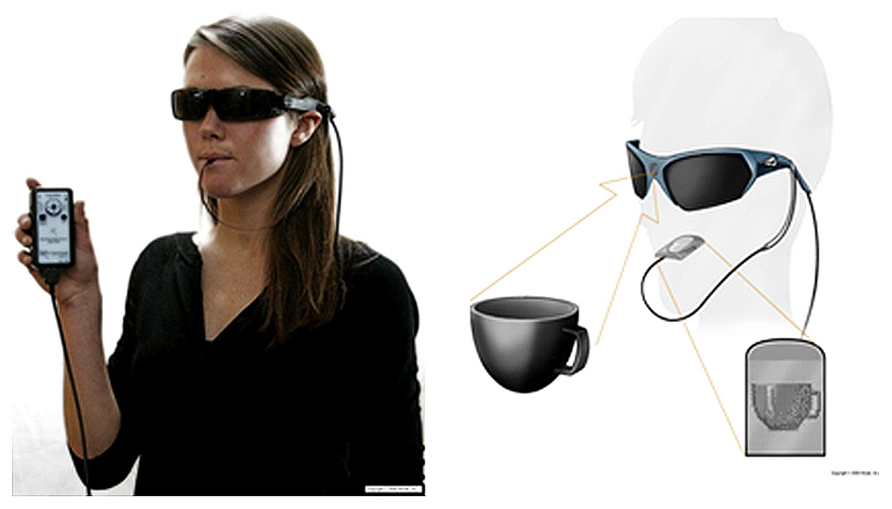Note: Here I am not talking about electric shock (one feels when a lot of electricity passes through), I am talking about smaller sensations one feel directly on the skin.
Note: I am not able to find any correlation graph between feature of electricity that determines the intensity of feeling i.e., voltage, current or frequency. So is there any research paper or anything else around that can shed light on this? This will be very helpful.
I have studied that humans sense touch because of the "Merkel cells" in the skin, and Merkel cells are essentially pressure sensors. I don't think electricity leads to pressure changes, So then how do we feel the sensation of electricity on skin. Is it because electricity directly interface with neurons some how?
If I am not able to explain the question here is a more practical way of thinking about it:
If I touch two electrode close on the skin (or maybe possibly one even though I am not sure one can do the trick) and pass electricity how will skill feel it.

